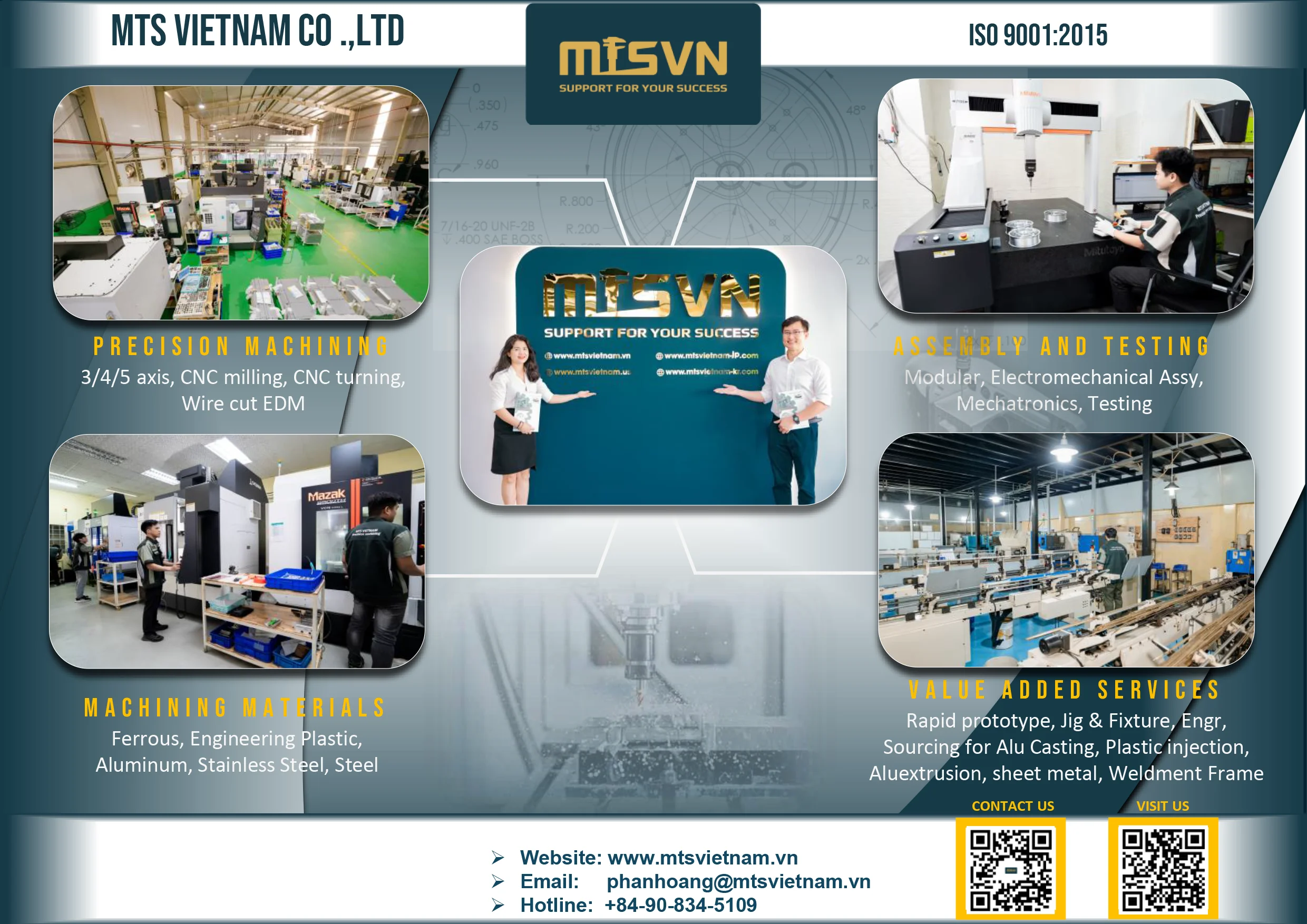Introduction
- Brief Overview: Introduce the critical role of assembly machines in precision mechanics within modern manufacturing, highlighting the evolution from manual assembly to automated systems.
- Importance of Precision: Discuss why precision is paramount in industries such as aerospace, medical devices, electronics, and automotive.
Historical Perspective
- Early Innovations: Touch on the history of assembly in manufacturing, starting from manual processes to the first automated assembly lines introduced by Henry Ford.
- Technological Advancements: Chart the development of assembly technology, culminating in the precision-driven machinery used today.
Types of Assembly Machines in Precision Mechanics
- Automated Assembly Lines: Describe the configuration and benefits of automated assembly lines tailored for precision manufacturing.
- Robotics and Automation: Dive into the use of robotics in assembly machines, including articulating arms and mobile robots.
- Specialized Equipment: Discuss equipment designed for specific industries, e.g., micro-assembly machines for electronics or cleanroom assembly for medical devices.
Key Components and Technologies
- Vision Systems: Explain how vision systems are used for quality control and guidance in precision assembly machines.
- Sensors and Feedback Systems: Overview of the sensors and feedback mechanisms that ensure components are assembled correctly and to the required tolerances.
- Material Handling Systems: Detail the technologies used for material handling, including conveyors, pick-and-place units, and automated guided vehicles (AGVs).
Precision Mechanics in Assembly Process
- Tolerances and Accuracy: Discuss the importance of tolerances and accuracy in the assembly process, and how machines achieve these specifications.
- Assembly Techniques: Cover techniques like press-fitting, adhesive bonding, and ultrasonic welding, focusing on their precision applications.
- Quality Control Measures: Elaborate on the integrated quality control measures, including in-line inspection and post-assembly testing.
Challenges and Solutions
- Dealing with Miniaturization: Address the challenges assembly machines face with the miniaturization of components and how technology has adapted.
- Flexibility vs. Precision: Discuss the balance between the flexibility of assembly systems and the need for precision, including modular design and reconfigurable systems.
- Maintaining Precision Over Time: Explore the challenges of maintaining precision over time, including wear and tear, calibration, and maintenance strategies.
Case Studies
- Aerospace Application: Provide a case study of assembly machines in the aerospace industry, focusing on the precision assembly of engine components or avionics.
- Medical Devices: Highlight a case study in the medical device industry, such as the assembly of diagnostic equipment or minimally invasive surgical instruments.
The Future of Assembly Machines in Precision Mechanics
- Emerging Technologies: Speculate on the future technologies that will impact precision assembly machines, such as AI, machine learning, and advanced robotics.
- Integration with Industry 4.0: Discuss how assembly machines are integrating with the broader concept of Industry 4.0, including IoT connectivity, data analytics, and smart factories.
- Sustainability Considerations: Touch on how future developments in assembly machines could embrace sustainability, focusing on energy efficiency, waste reduction, and the use of eco-friendly materials.
Conclusion
- Summarize the Key Points: Reiterate the importance of assembly machines in precision mechanics across various industries.
- Reflect on the Future: Offer reflections on the future direction of assembly machine technology and its potential impacts on manufacturing.
References
Suggest Reading: Provide a list of suggested books, journals, and websites for further reading on assembly machines in precision mechanics.
MTS Vietnam is a prominent company specializing in precision mechanical components fabrication. Established in 2017, it has quickly become a reputable name in the Vietnamese and Southeast Asian markets. The company's expertise lies in CNC milling and turning parts made from a variety of materials, including Aluminum, Steel, Stainless, POM, and other engineering plastics. MTS Vietnam is dedicated to supporting the success of its customers and strives to be a leading company in the field of precision mechanical processing both in Vietnam and internationally.
In addition to its fabrication services, MTS Vietnam offers assembly services for components and machines, as well as CNC program services. This comprehensive range of services is aimed at providing optimal solutions and benefits to its customers through the company's ecosystem and strengths. MTS Vietnam emphasizes the importance of investing in new technology and quality control equipment to ensure that it can deliver merchandise at competitive prices and within the required deadlines.
WORKSHOP: 248/10 ĐT743A Street, Binh Thung 1 Quarter, Binh An Ward, Di An City, Binh Duong Province, Vietnam
Tel/zalo/viber: 0908.345.109
Email: phanhoang@mtsvietnam.vn | info@mtsvietnam.vn
Website: www.mtsvietnam.vn (Global Market) | www.mtsvietnam-jp.com (日本)
For USA Sales, please contact MTS USA at:
Tel/zalo/viber: 978-777-1716
Email: sales@mts-usasales.com
Website: www.mtsvietnam.us (US Market)







